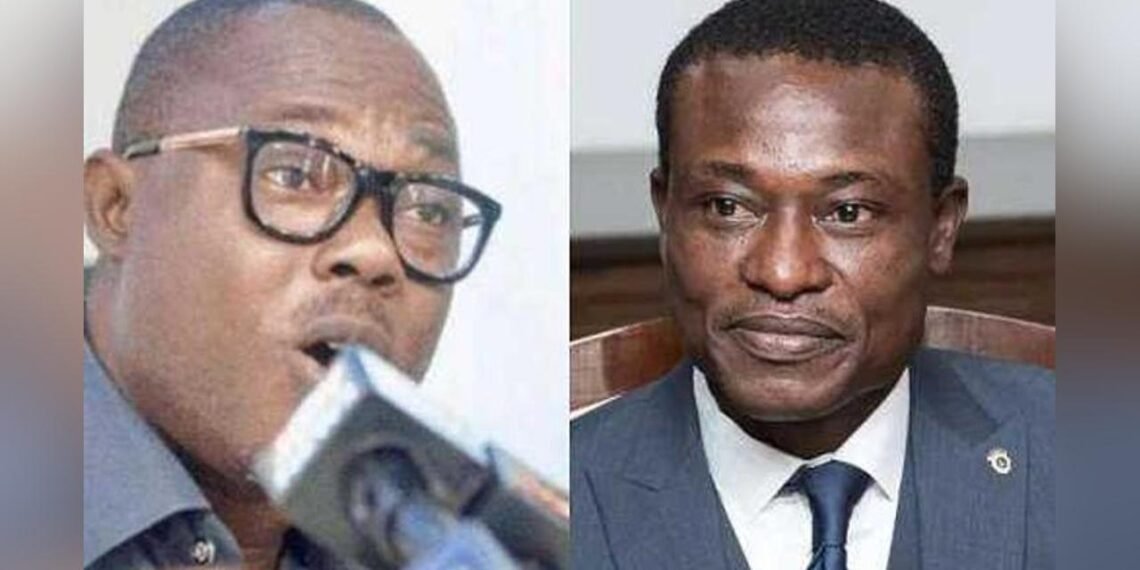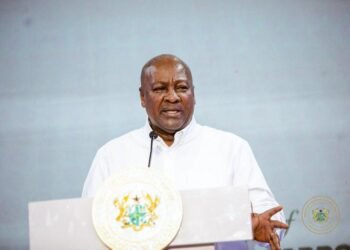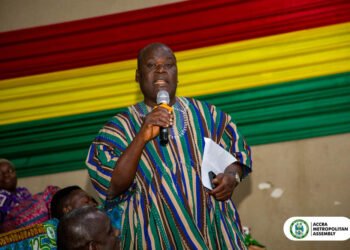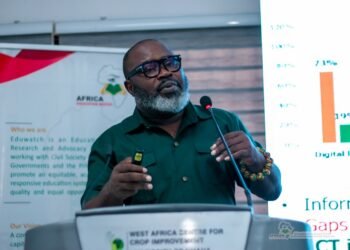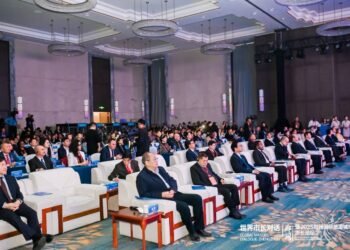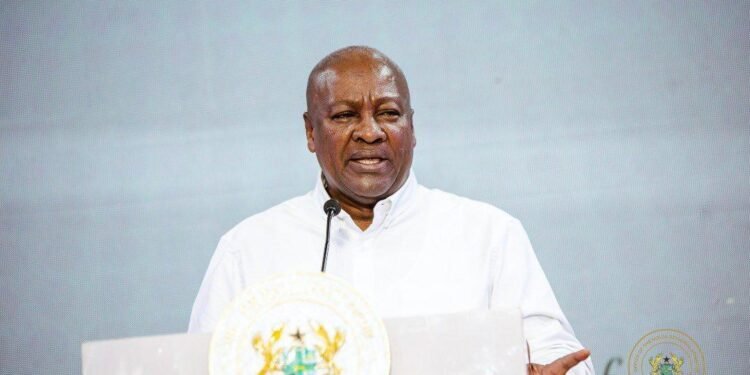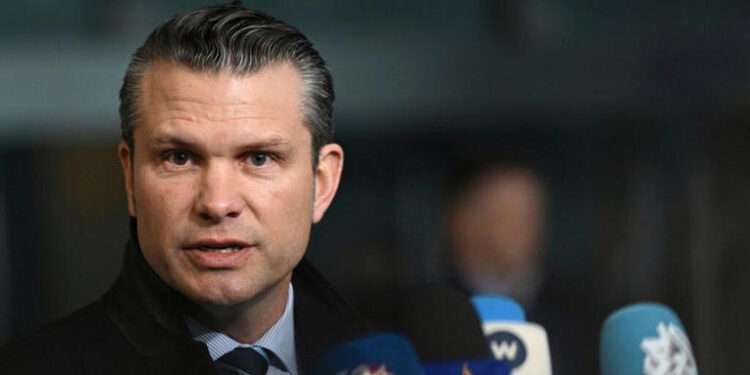In a sharp rebuttal to recent claims by the Office of the Special Prosecutor (OSP), Prof. Ransford Gyampo, Acting Chief Executive Officer of the Ghana Shippers’ Authority, has addressed what he describes as a misrepresentation of his actions regarding the ongoing Strategic Mobilisation Limited (SML) probe.
Responding to the OSP’s account, Prof. Gyampo refuted suggestions that he interfered in the operations of the agency.
He clarified that no direct phone conversation took place between himself and the Office of the Special Prosecutor. Instead, he said that after a brief exchange in which the Special Prosecutor, Kissi Agyebeng, indicated he was unable to speak at the time, he followed up with a text message.
“I texted you just to caution you not to cause financial loss to the state even as you go about your investigations, which I fully favor. Given what I have heard from across the political divide about your possible intentions, I only expressed the hope that your intentions are patriotic and not personal. That’s all.”
Prof. Ransford Gyampo
Gyampo clarified that his decision to contact the Special Prosecutor stemmed from a genuine concern over the broader financial implications of the ongoing investigation, not an effort to interfere with the legal process.
He stressed that his message was intended as a cautionary note to ensure that the state does not incur unnecessary financial loss during the inquiry.

While he acknowledged the importance of the OSP maintaining public trust by demonstrating neutrality and transparency, he expressed disappointment over the way his actions were characterized in the OSP’s public statement, which he believes misrepresents his intentions and casts undue suspicion on his conduct.
The dispute adds a new dimension to the public conversation surrounding the work of the OSP and the level of political neutrality in its investigations.
The corruption investigation continues to draw significant public and institutional attention as new information surfaces about suspected efforts to interfere with the activities of the anti-corruption agency.
OSP Defends Its Independence In Corruption Investigation
Meanwhile, the Office of the Special Prosecutor, however, painted a different picture.
In its official statement, the OSP claimed its attention had been drawn to public comments by Gyampo suggesting that its investigation of Kenneth Nana Yaw Ofori-Atta, the former Finance Minister, was motivated by personal bias.
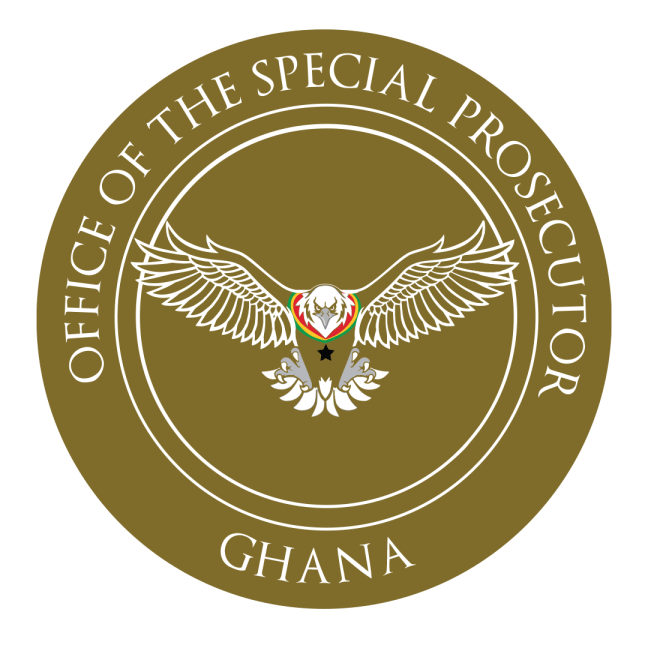
Accordingly, the OSP categorically rejected that narrative, reiterating that its work was grounded in documented allegations of corruption and abuse of office.
“The OSP wishes to place on record that its actions involving the former Finance Minister are based on stated allegations of corruption and corruption-related offences, particularly abuse of office for profit, including the multiple-year contract awarded to Strategic Mobilisation Limited (SML).”
Office of the Special Prosecutor (OSP)
In what appears to be a direct response to Gyampo’s remarks, the OSP stated that the CEO “called and sent messages to the Office in respect of SML while officers of the OSP and National Security were still conducting a legal search of SML’s premises.”
The agency expressed concern over what it perceives as attempts by public figures to sway or disrupt official investigations.
While affirming its openness to constructive criticism, the OSP issued a caution against external interference through either direct communication or public commentary.
Such interventions, it noted, could weaken the public’s confidence in its work and obstruct the larger fight against graft.
The OSP reminded all public officials that “such actions have the potential to undermine the fight against corruption.”
In response to the OSP’s interpretation, Prof. Gyampo indicated that he plans to release the full contents of their WhatsApp exchanges to prove that his intention was not to derail the investigation but to express concern for due process and national interest.
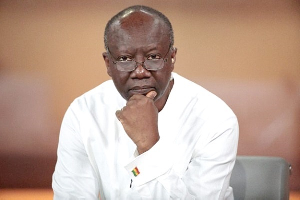
He insisted that his communications were strictly advisory in nature and were not meant to exert any undue influence on the prosecutorial process.
The conflict underscores the delicate balance between political discourse and institutional integrity in Ghana’s anti-corruption landscape.
While Gyampo maintained that he acted as a concerned citizen, the OSP’s rebuttal signals a firm stance against what it sees as potential threats to its independence.
This latest development has rekindled the ongoing debate about transparency, accountability, and the pressures facing anti-corruption institutions.
As the corruption investigation into SML and related contracts continues, scrutiny over both process and perception will likely remain high.
Public interest in the outcome of this investigation and the nature of interactions surrounding it reflects the wider national demand for accountability in governance. Whether this episode leads to greater transparency or further discord remains to be seen.
READ ALSO: US Strikes 3 Iranian Nuclear Sites



